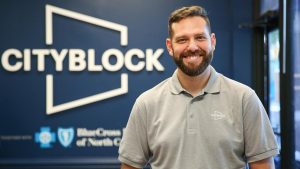Cityblock Health, a New York-based startup provides healthcare for Medicaid and lower income Medicare beneficiaries. It works with community-based organizations and health plans to provide care through a software system called Commons that allows its patients’ providers to communicate and upload medical records.
The company works to provide services to the underserved and to decrease the need to seek emergency medical help. The company values personalized care and provides quality services that do not rely on high volume appointments. With support and tools integrated into its software, Cityblock Health makes healthcare more accessible for lower income individuals.
Cityblock Health has also gained the attention of private insurers. In 2020, Cityblock worked with Tufts Health Plan in order to pursue Medicare and Medicaid-eligible members under 65. Data revealed a 70% member engagement rate as opposed to the usual 5-7% for other plans. The Medicaid market covers 73.5 million Americans. Private health insurance companies are assigned two thirds of these patients for Medicaid managed care. Cityblock contracts with these private insurers in order to serve patients with elaborate or difficult needs.
Now, Cityblock has recently announced it raised $192 million in a Series C funding round led by Tiger global with participation from Kinnevik AB, Maverick Ventures, General Catalyst, Wellington Management, Thrive Capital, Redpoint Ventures, and others.
The company currently has 75,000 members and is expanding into North Carolina and Ohio. Cityblock will utilize this additional capital to expand its community- and value-based core model to underserved communities in the United states. Iyah Romm, Chief Executive Officer of Cityblock Health states there is a “... deeper lack of understanding of [undeserved] populations and the structural factors that surround poverty.”
With digital healthcare services increasingly demand, Cityblock is ensuring that these convenient and affordable alternatives are available to all, working to address the lack of understanding of and resources for the communities it serves.























